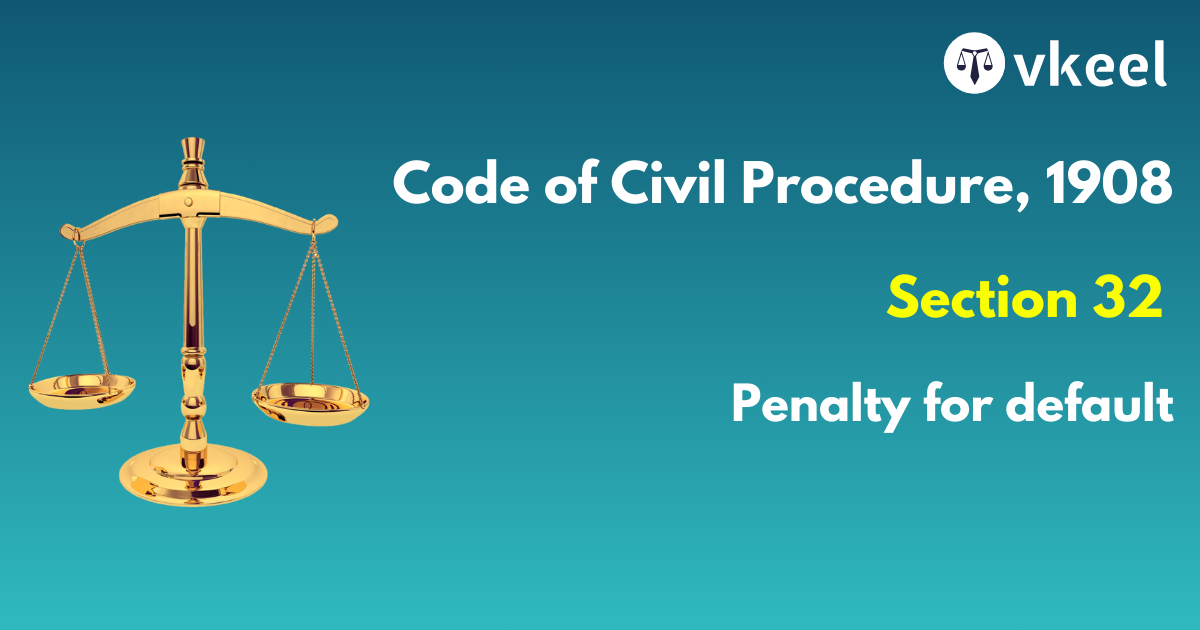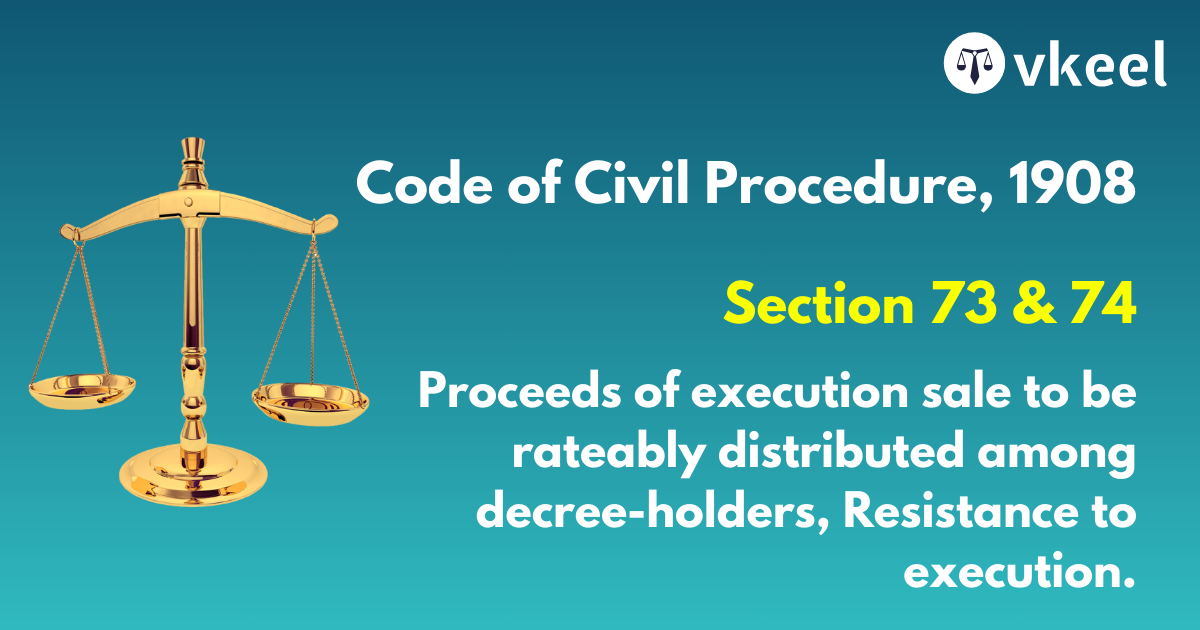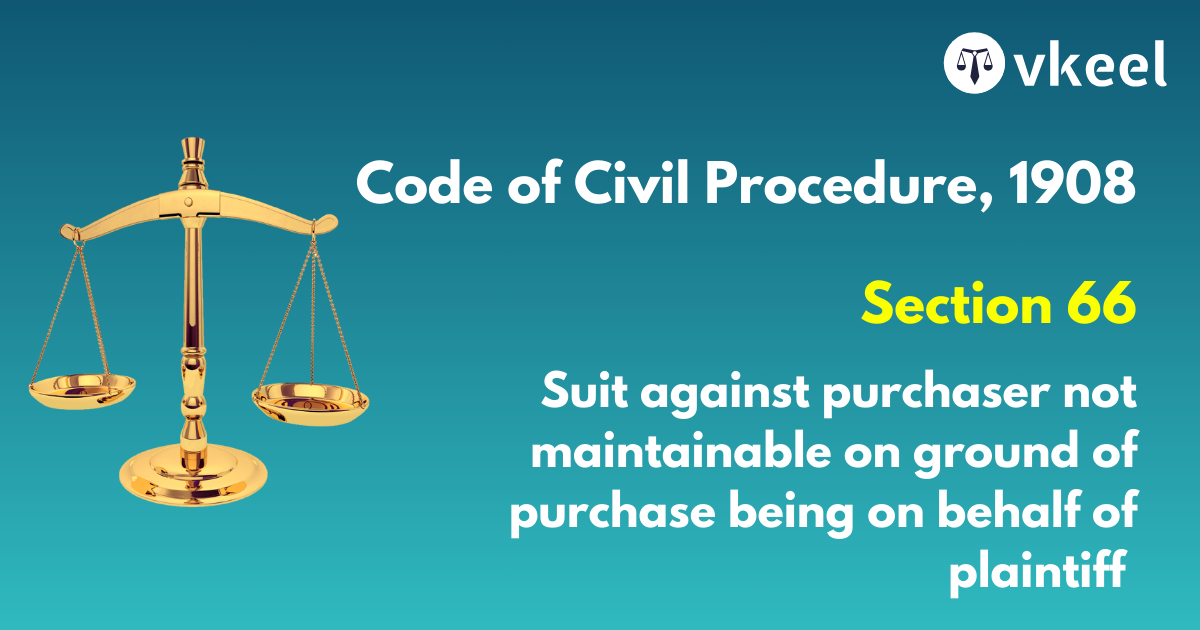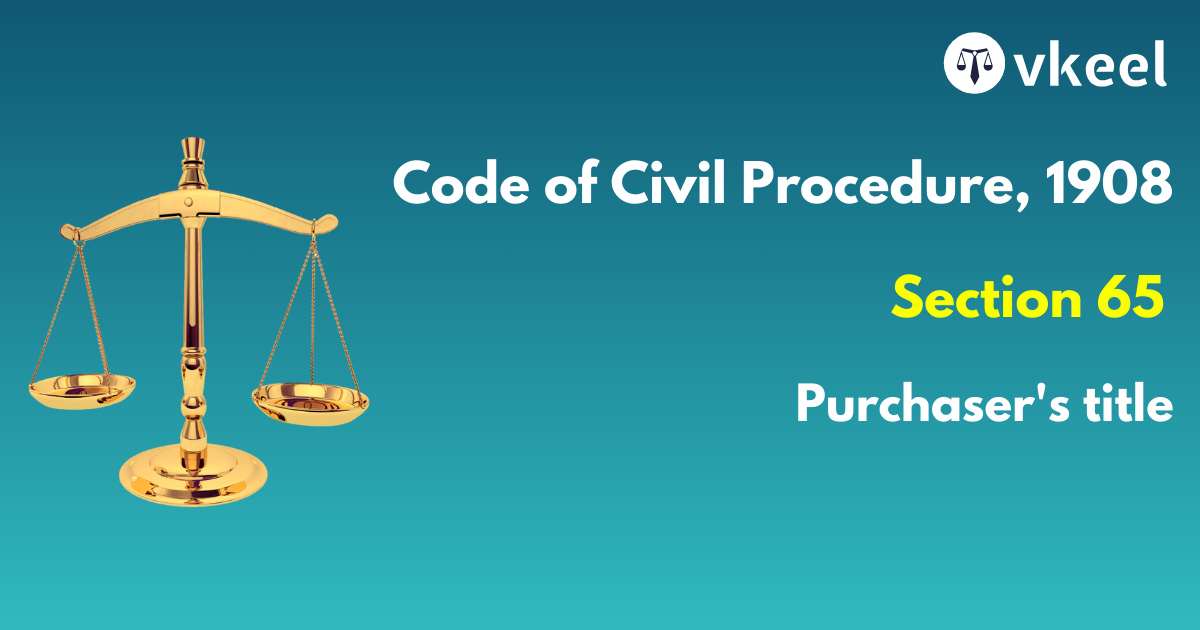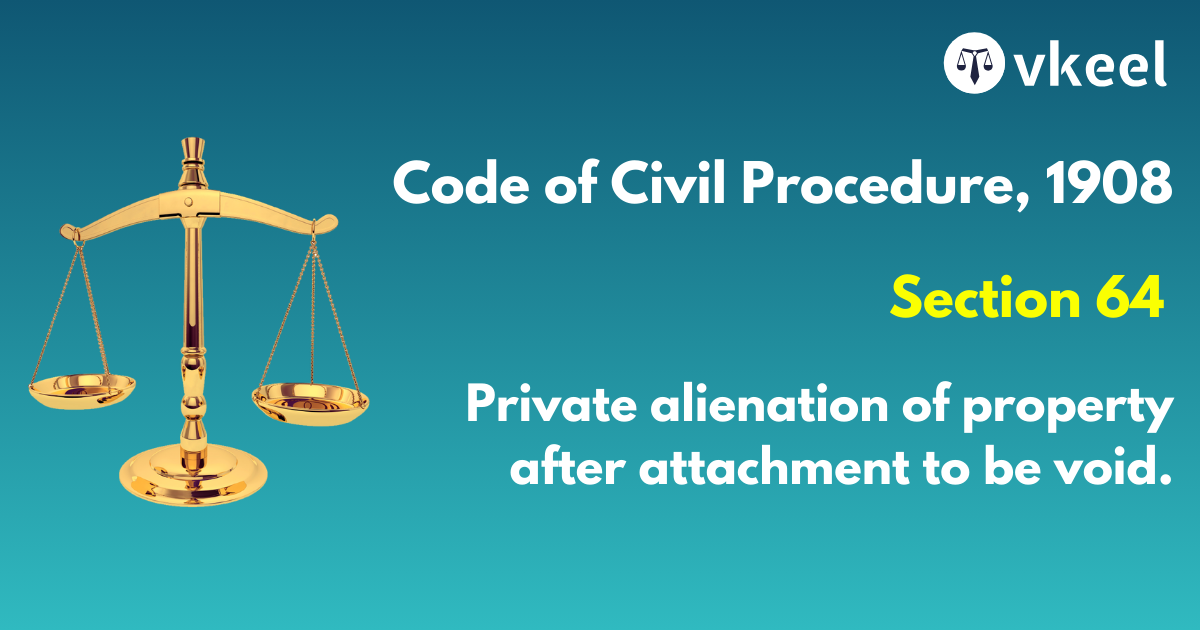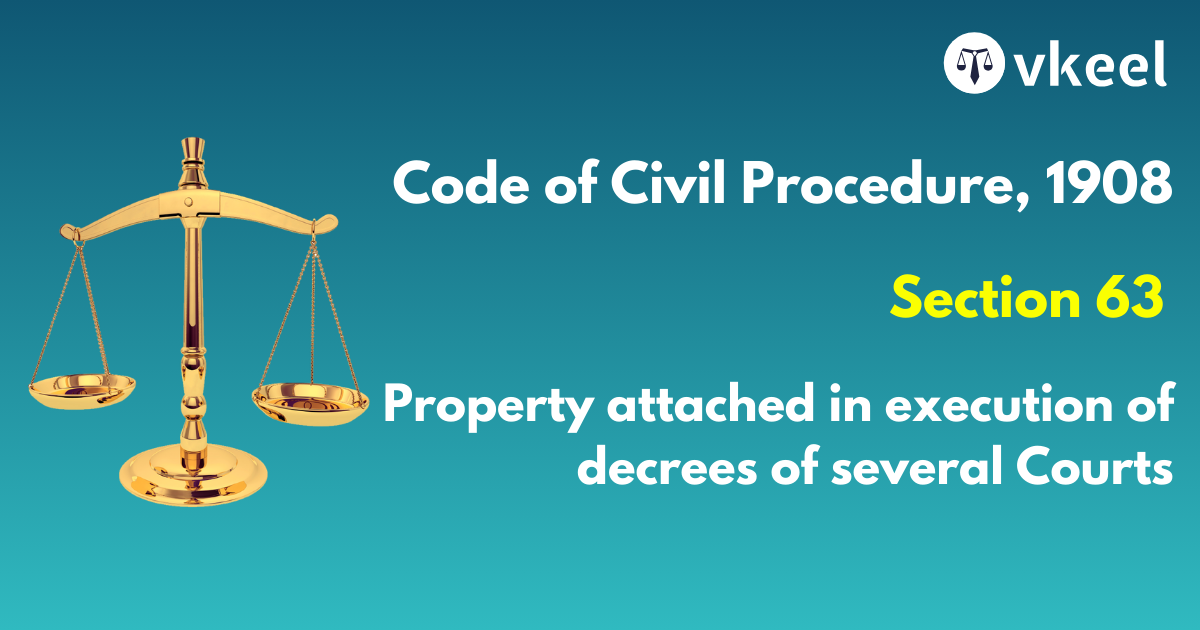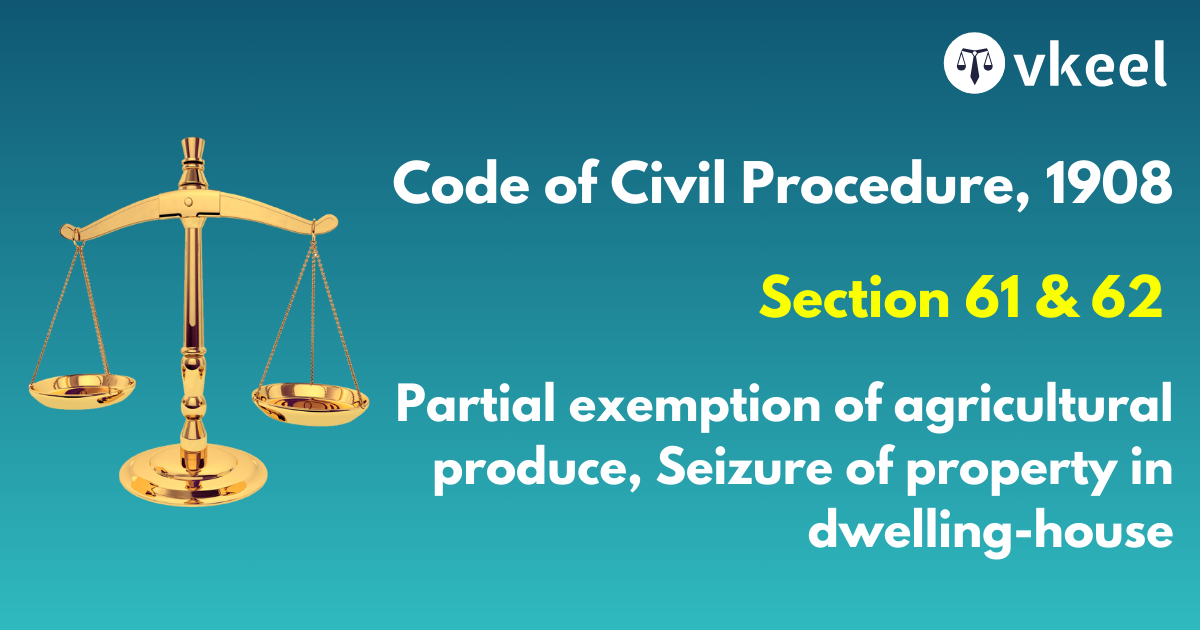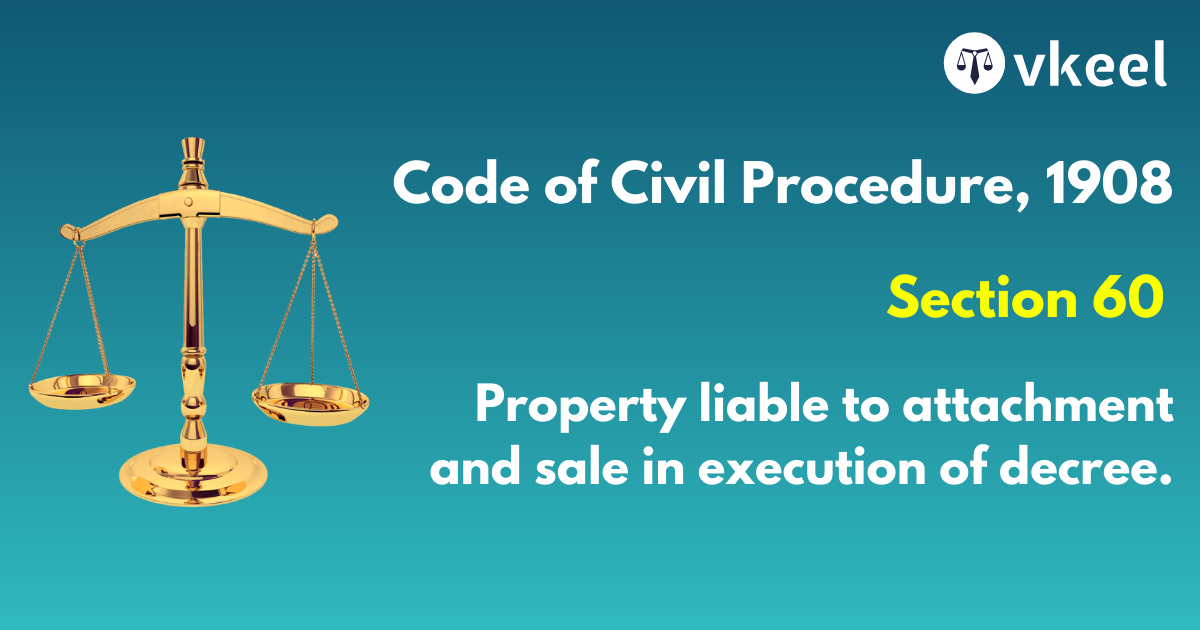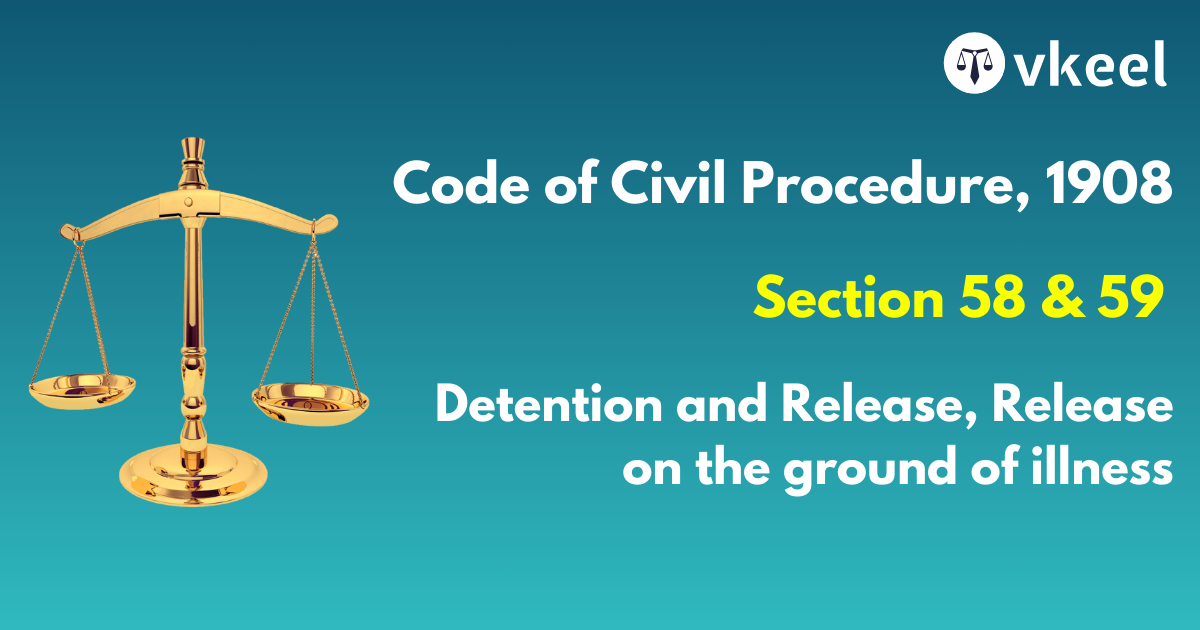Section 32 of Code of Civil Procedure,1908
By Joy Puri
Introduction
The Section 32 of the Code of Civil Procedure confers the privilege to the court to take the necessary steps for meeting the ends of justice in a situation wherein the respective party even after the summons which have been issued under the Section 30 of the Code of Civil Procedure.
The courts while vesting these powers, possess the power to issue a warrant for the arrest of the requisite person, or it may even attach his property and thereafter sell it. Furthermore, the Section 32 of the Code of Civil Procedure ordains that the court can impose a fine on him or can order him to furnish some amount of security for his appearance.
Section 32 of the Code of Civil Procedure,1908
32. Penalty for default —The Court may compel the attendance of any person to whom a summons has been issued under section 30 and for that purpose may—
(a) issue a warrant for his arrest;
(b) attach and sell his property;
(c) impose a fine upon him [not exceeding five thousand rupees];
(d) order him to furnish security for his appearance and in default commit him to the civil prison.
Landmark Case Laws
Smt. Uchhab Kanwar wife of Shri Bhanwar Singh Vs Legal Representatives of Shri Ramswaroop son of Ganesh Lal Ahuja and two Others, 1995
A conjoint reading of sub-section (b) of Section 30 and Section 32 of the Code of Civil Procedure leads towards an irresistible conclusion that once the court makes up its mind to summon a witness to give evidence, at subsequent stage, such court cannot express its inability to summon the witness, on the ground that some of the measures to be taken by the Court, as contemplated under Section 32 of the Code are not possible. In my humble opinion, once the court makes up its mind to summon a witness, he should always be compelled to attend the court to give evidence, taking all measures, as contemplated under Section 32 of the Code of Civil Procedure.
Sangarm v Election , 1955
The antithesis that section 32 draws between section 27 and section 30 is that an omission to appear in response to a summons under section 27 carries no penalty in the strict sense while disregard of summons under section 30 may entail punishment
Suryanarayanaraju v Appanna, 1959
Where a party desires to examine his opponent as a witness, the proper procedure is to issue summons under section 32 and O XVI, rule 10.
Kishan Chand Vs Jagannath Prasad cited in Smt. Lakshmi Bai Vs State of A.P. represented by the Collector, Chittoor, Adilahad and another, 1984
We see no reason for restraining the wide language of Section 53, and the provisions of Section 32 of the Code of Civil Procedure appear to us to be in no way in consistent with anything contained in Act No. 1 of 1894. To us it appears dintinctly in the interest of all that the question which arises as to compensation to be paid for a piece of land taken up should be dealt wit as far as possible at one and the same time.
Vehhabkanwar Vs Legal Representatives of Ramswaroop, 1995
In order to maintain confidence of the litigants, a witness who is sought to be adduced before the court once the court, after being satisfied, issued summons for his attendance; the court should not stay its hands at the choice of the witness to attend or not to attend the court to give evidence
Devi Ahilya Bai Ghatge Uccha Shiksha Samiti and another Vs State of M.P. and others, 2006
From the aforesaid provision, it is clear that if orders have been passed by the Court for the purpose of production or discovery of documents under section 30 of the Code and in spite of the summons being issued in that regard if a default is committed, the Court can compel attendance of any person to whom summons have been issued under section 30 and for that purpose is empowered to issue warrant for his arrest.
Googlee Sahoo Vs Premlall Sahoo & Anr, 1881
As regards the particular order complained of, we think that the Court in acting under Section 32 of the Code of Civil Procedure, is bound to exercise its discretion in a reasonable manner; and that, in a case like the present, where the original plaintiff disputes the right of any one to be joined with him in the suit, any party intervening should, if made a party at all, be more properly joined as a defendant.
Conclusion
The courts thereby exercise the powers under the antecedent provision for the betterment of justice in the country.
These powers thereby help increasing the integrity of the judicial system therefore upholding the fundamental principles of the law of the land.
Disclaimer:
The information provided in the article is for general informational purposes only, and is not intended to constitute legal advice or to be relied upon as a substitute for legal advice. Furthermore, any information contained in the article is not guaranteed to be current, complete or accurate. If you require legal advice or representation, you should contact an attorney or law firm directly. We are not responsible for any damages resulting from any reliance on the content of this website.

